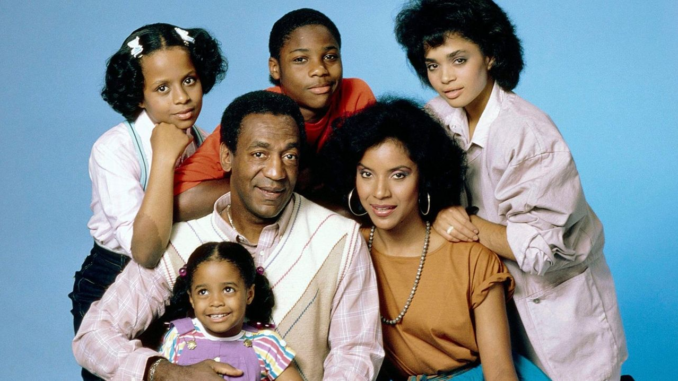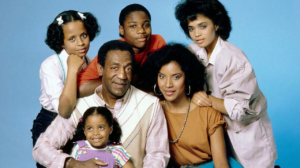
When The Cosby Show hit the airwaves in 1984, it did more than just entertain. It marked the beginning of a cultural revolution in television, especially for African American representation. For years, the portrayal of Black families on TV was largely limited to stereotypes, and many Black actors struggled to find mainstream success. However, The Cosby Show changed everything, presenting a new narrative that resonated deeply with audiences of all races.
A Paradigm Shift in Representation
Before The Cosby Show, Black characters on television were often portrayed as either struggling or as comic relief. Shows like Good Times and Sanford and Son depicted working-class Black families, but they were often steeped in hardship, and the characters were frequently the butt of jokes. This type of representation left little room for complexity or diversity within Black experiences.
Enter The Cosby Show. By featuring the Huxtable family, a successful, educated, and well-rounded Black family, the show shattered long-standing stereotypes. Dr. Cliff Huxtable, played by Bill Cosby, was a lovable, accomplished father who was as capable of laughter as he was of offering life advice. His wife, Clair Huxtable (Phylicia Rashad), was a successful lawyer, portraying a strong, intelligent woman balancing career and family life.
The Huxtables’ affluence and intelligence challenged the dominant narrative that Black families could only be portrayed in terms of struggle. It sent a powerful message to viewers that Black people could be depicted in multifaceted roles, and it paved the way for more diverse and realistic representations of African American families on screen.
Beyond the Stereotypes: A Focus on Individuality
One of the show’s greatest achievements was its ability to show the individuality of each family member, making them more than just representations of their race. The children—Theo (Malcolm-Jamal Warner), Denise (Lisa Bonet), Vanessa (Tempestt Bledsoe), Rudy (Keshia Knight Pulliam), and Sandra (Sabina Robinson)—were not one-dimensional characters. Each child had their own unique personality, challenges, and dreams.
The show didn’t shy away from addressing real-life issues that young Black Americans faced, such as education, peer pressure, and career aspirations. Theo, for example, struggled with his learning disability and his desire to succeed academically, a storyline that resonated with many young viewers who saw themselves reflected in the character’s struggles.
Moreover, the portrayal of the Huxtable family wasn’t just about showcasing Black success; it was about showing how relatable and human the characters were. Whether navigating the challenges of parenting, dealing with the ups and downs of growing up, or facing tough decisions in life, the Huxtables were portrayed as a real family, not just a symbol of Black excellence.

The Ripple Effect: A Legacy of Diversity
The influence of The Cosby Show extended far beyond the 1980s. The show’s groundbreaking success opened the door for more African American actors and creators in Hollywood. Shows like A Different World (a spin-off centered around Denise Huxtable) and The Fresh Prince of Bel-Air followed in its footsteps, each bringing different aspects of Black culture and experience to mainstream television.
More than just a sitcom, The Cosby Show laid the groundwork for a more diverse and inclusive entertainment industry. It demonstrated the viability of shows centered around Black families, inspiring both future TV shows and movies to adopt a broader range of representation.
